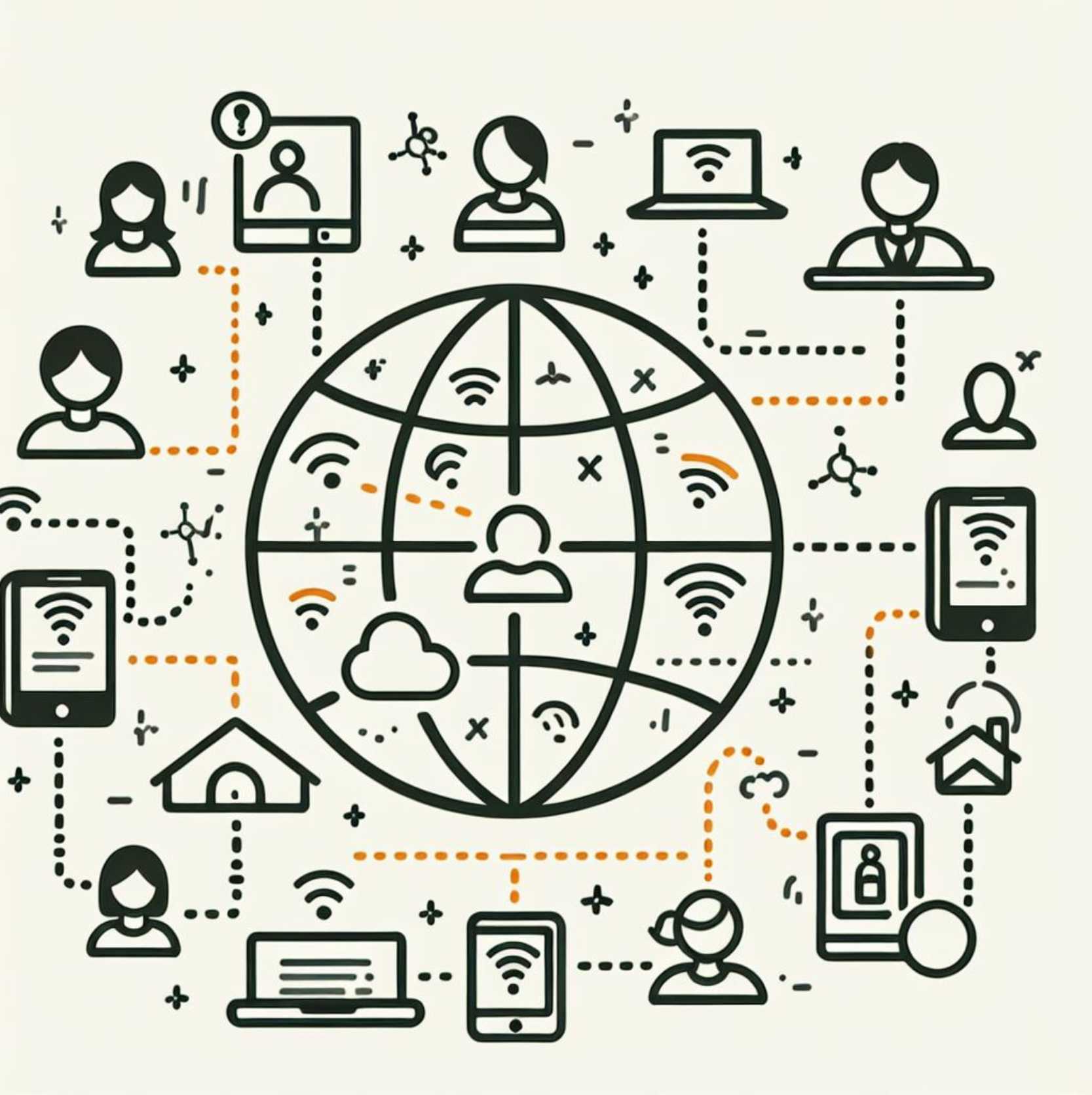Overview
The Internet of Things (IoT) refers to the growing network of connected devices that can collect, share, and act on data. These range from industrial sensors and medical equipment to smart energy grids and logistics systems. For businesses, IoT is less about gadgets and more about turning physical operations into streams of actionable data.
Why It Matters for Businesses
IoT enables organisations to increase efficiency, reduce downtime, and uncover new revenue opportunities. By embedding intelligence into physical assets, enterprises gain real-time visibility into operations and customer behaviour. This data-driven approach helps improve productivity, cut costs, and deliver differentiated services.
Enterprise Use Cases
-
Smart manufacturing: IoT sensors track machinery health, enabling predictive maintenance and reducing costly outages.
-
Healthcare: Connected devices support remote monitoring, reducing hospital visits and improving patient care.
-
Logistics: Fleet tracking and asset monitoring optimise supply chains and reduce delays.
-
Smart cities and utilities: Energy grids, water systems, and traffic management become more efficient through real-time insights.
-
Agriculture: Soil and weather sensors help farmers increase yields while conserving resources.
Considerations
While IoT offers significant benefits, it also brings challenges. Devices must be secured to prevent them becoming weak points for cyberattacks. Businesses also need scalable platforms, integration with cloud or edge systems, and clear governance for handling the large volumes of data generated.

